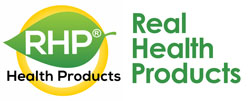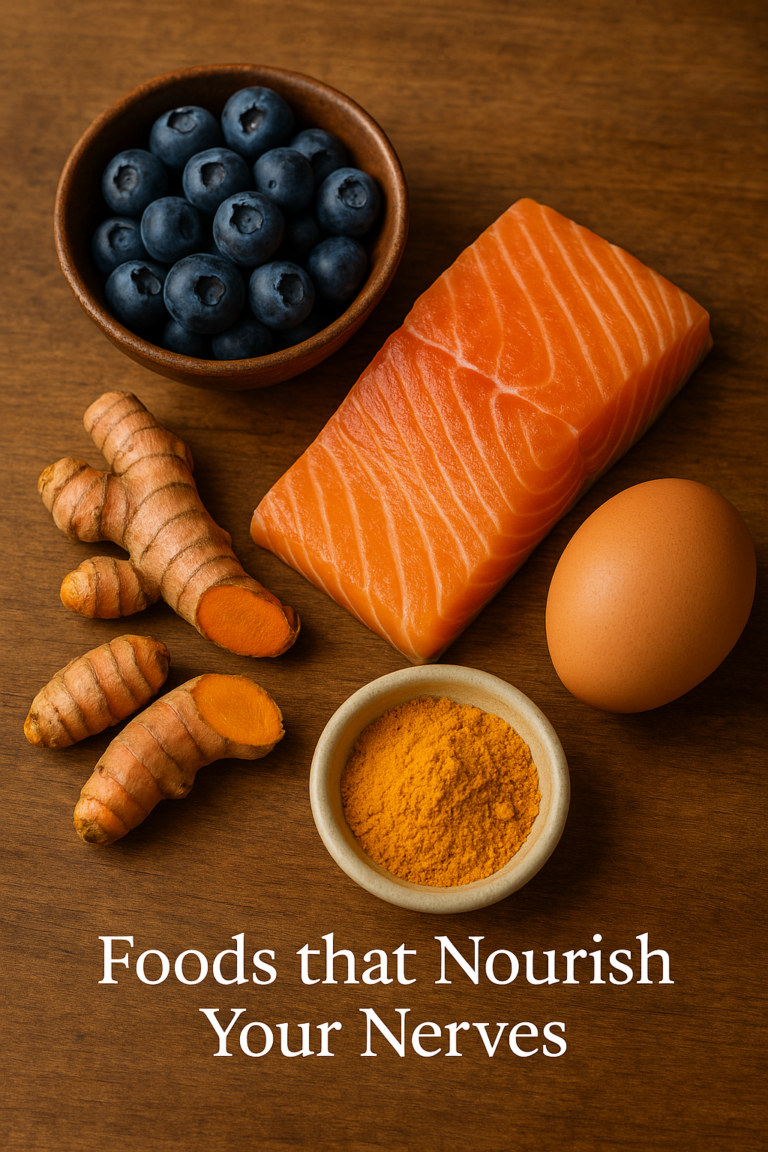One Thing Doctors Aren’t Taught That Could Change Everything — Harvard research reveals surprising gap in healthcare.
Did you know…
- Poor diet is now the leading cause of death in the United States?
- Nearly 1 in 2 adults has a chronic condition linked to what they eat?
- And yet, the average medical student receives fewer than 20 hours of nutrition education across their entire training?
These statistics from a recent Harvard report highlight a serious problem in our current approach to health care.
Here’s what the Harvard report makes clear:
- Poor diet is the #1 driver of illness and early death
- Billions are spent treating preventable issues, while nutrition is left out of the conversation
- Patients trust doctors for guidance on food — but most physicians are never taught how to give it
It’s time we shift the focus.
Nutrition isn’t just about calories or cutting out sugar. It’s about giving your body the raw materials it needs to restore, rebuild, and thrive.
Especially as we age.
It’s also worth considering this:
Medications are designed to manage symptoms. Nutrients are meant to support function.
Medications can be helpful — even life-saving — but they often work by blocking or altering natural processes to bring quick relief.
Nutrition, on the other hand, works by nourishing the body’s systems so they can function more effectively on their own over time.
That’s why nutrients — when thoughtfully chosen — can often offer more long-term support, especially when it comes to maintaining healthy function as we age.
They don’t override the body. They partner with it.
What gets in the way?
Even if you eat well, today’s food isn’t what it used to be.
Modern farming practices have depleted the soil, leaving even “healthy” produce with fewer nutrients than generations ago, which means many foods simply don’t contain the levels of vitamins and minerals they once did.
And as we age, our bodies become less efficient at absorbing key nutrients — especially B12, which plays a vital role in energy, brain function, and nerve health.
So, what can you do?
This is where smart supplementation comes in.
Our original Nerve Support Formula was developed specifically to help fill the gaps left by today’s food — and by the aging process itself.
It includes:
Methyl B12 – the active, highly absorbable form of B12 your body can use right away
Benfotiamine – a specialized form of B1 that supports nerve and cellular function
Together, these nutrients help support the body’s ability to maintain healthy nerve function over time.
The truth is, you can’t supplement your way out of a bad diet. But when food alone isn’t enough, the right nutrients can make a real difference.
Learn more about the Nerve Support Formula
Further Reading:
- Explore which foods help nourish your nerves and prevent further damage. What you eat can play a major role in how your nerves feel, especially at night. Certain foods provide key vitamins and nutrients that help strengthen and protect your nerves over time: What Foods Prevent Nerve Damage?






